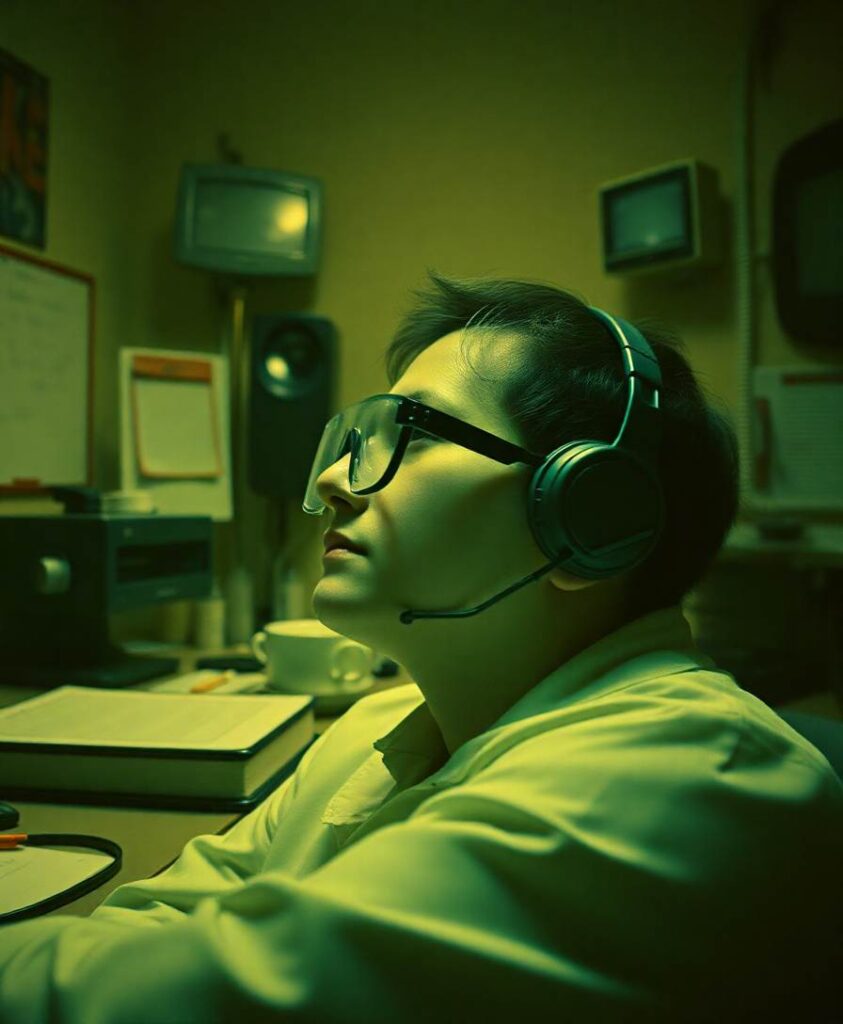Imagine the sensation of leaning into your device, feeling like it’s just a little more attentive—perhaps noticing when you’re feeling down or offering a comforting word just when you need it most. This isn’t just a trick of design; it touches on something profoundly human: our innate desire to connect, to be understood, and to feel secure. As technology advances, many of us find ourselves forming subtle, almost instinctive relationships with AI companions—whether it’s a virtual assistant, a chatbot, or a caregiving robot. But what really underpins these bonds? Recent research from Waseda University sheds light on this question, offering a new way to understand how attachment influences our interactions with artificial intelligence.
When we think about attachment, it’s often in the context of human relationships—those close bonds we share with family, friends, or partners. These attachments are built on trust, familiarity, and emotional security. Now, imagine applying that same lens to our interactions with AI: can we feel attachment toward a machine? Do our feelings toward AI reflect a need for comfort and connection, or do they sometimes mask underlying anxieties or avoidance? Researchers have developed a new self-report scale to explore these questions, focusing on attachment anxiety and avoidance toward AI.
This work reveals something quite human: even in our digital relationships, attachment patterns emerge. Some people may seek reassurance from AI, feeling anxious when the connection seems weak or unreliable. Others might shy away from forming bonds altogether, avoiding emotional engagement with AI, perhaps due to fears of dependence or loss of control. These nuanced attachment styles can shape how we experience our interactions with technology, influencing everything from daily comfort to long-term well-being.

Understanding attachment to AI isn’t just an academic exercise—it has real implications for how we design and ethically deploy these systems. If someone’s attachment anxiety leads them to over-rely on AI for emotional support, are there risks of dependency or diminished human contact? Conversely, if avoidance patterns block meaningful companionship, how can we create AI that gently encourages connection without pressure? The insights from this research serve as a vital guideline for developers, clinicians, and users alike, emphasizing the importance of designing AI that respects individual attachment needs.
As you reflect on your own interactions with AI, consider how your feelings might mirror attachment patterns you recognize from human relationships. Do you find comfort in your virtual assistant, or do you sometimes feel hesitant to trust? Recognizing these patterns can empower us to navigate our digital bonds more consciously and ethically, fostering relationships that support genuine well-being rather than superficial engagement.
In a world where AI becomes increasingly woven into our daily lives, understanding the emotional landscape of these connections is more important than ever. The concept of attachment—so fundamental to human experience—may be the key to creating smarter, more compassionate technology that truly meets our needs. This research from Waseda University opens a new chapter in understanding human-AI relationships, one that honors our innate desire for connection while mindful of the complexities involved.
If you’re curious about how attachment theory can illuminate your relationship with technology, explore this innovative work. It challenges us to think deeply about how we form bonds, trust, and seek comfort in the digital age.
Learn More: Attachment theory: A new lens for understanding human-AI relationships
Abstract: Human-AI interactions are well understood in terms of trust and companionship. However, the role of attachment and experiences in such relationships is not entirely clear. In a new breakthrough, researchers from Waseda University have devised a novel self-report scale and highlighted the concepts of attachment anxiety and avoidance toward AI. Their work is expected to serve as a guideline to further explore human-AI relationships and incorporate ethical considerations in AI design.
Link: Read Full Article (External Site)

